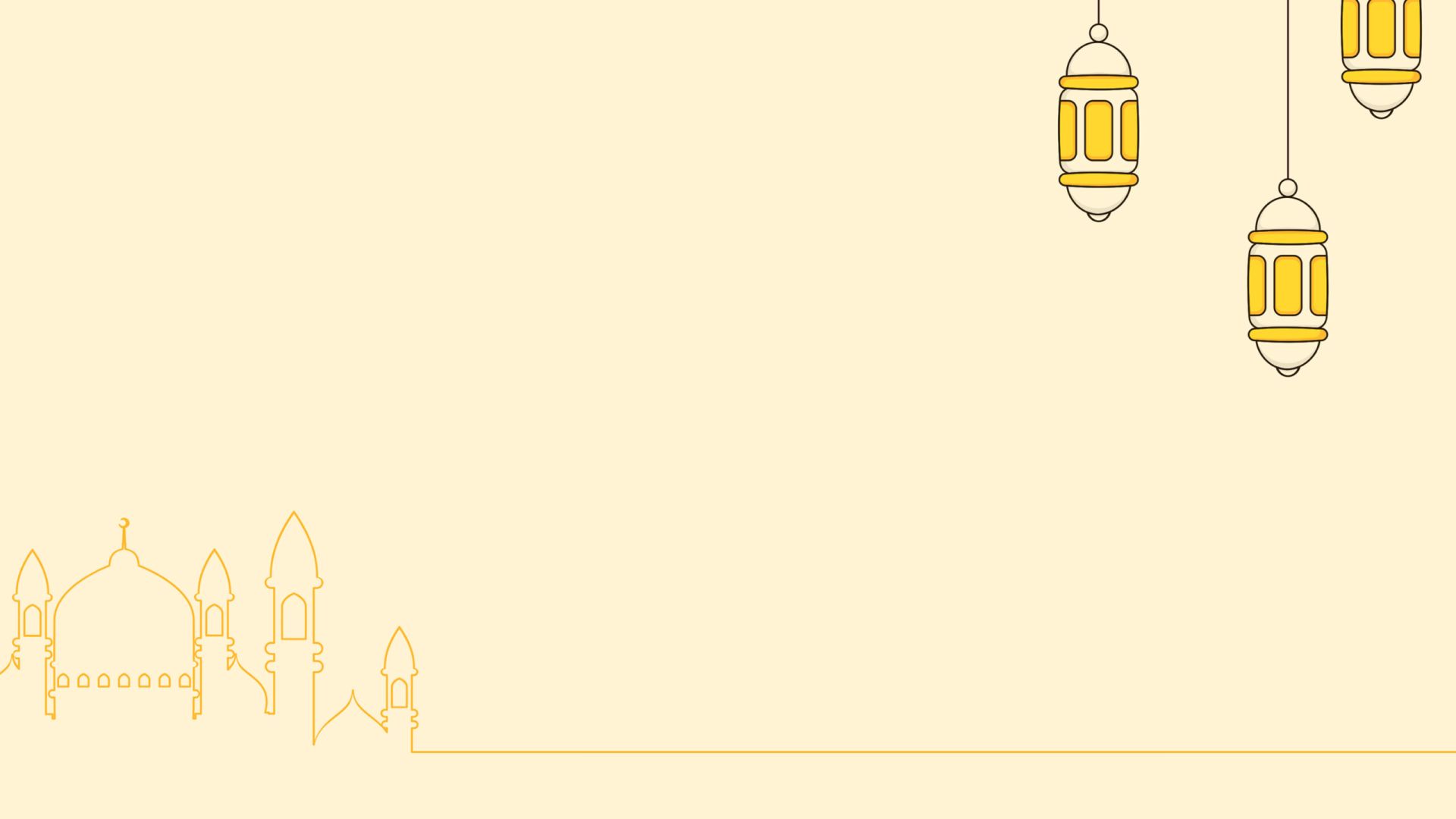O mankind!! Fear Allāh and stay away from that which he has prohibited and obey him in that which he has commanded and legislated by way of His Book, and conveyed through his Messenger Muḥammad (ṣallallāhu ʿalayhi wa-sallam) and upon the understanding of the Salaf. Indeed we seek to remind the brothers and sisters, as Allāh says in His Book,
وَذَكِّرۡ فَإِنَّ ٱلذِّكۡرَىٰ تَنفَعُ ٱلۡمُؤۡمِنِينَ
“And remind for verily, the reminding profits the believers.”
[Sūrah al-Dhāriyāt: 55]
We seek to give a reminder about the endless bounties that Allāh has bestowed upon us, the greatest of which is guidance to Islām. We should be thankful for it and utilise it in the best way we can, especially whilst residing in non-Muslim lands. We should exert ourselves in calling the people to this noble dīn and supplicate for those from amongst our family members who are in need of guidance, especially if you wish to see change in your lives, homes, and in your communities, and if you desire the greatest of rewards in the Hereafter.
Islām is the final religion sent to mankind, and Muḥammad (ṣallallāhu ʿalayhi wa-sallam) is the final Messenger; the Seal of the Prophets. Allāh is pleased with the religion of al-Islām for you, as He has revealed in the Qurʾān,
ٱلۡيَوۡمَ أَكۡمَلۡتُ لَكُمۡ دِينَكُمۡ وَأَتۡمَمۡتُ عَلَيۡكُمۡ نِعۡمَتِى وَرَضِيتُ لَكُمُ ٱلۡإِسۡلَـٰمَ دِينً۬اۚ
“This day, I have perfected your religion for you, completed My Favour upon you, and have chosen for you Islām as your religion”
[Sūrah al-Māʾidah:3]
Allāh, through His infinite wisdom, sent His revelation and Message to the best of men from mankind; a message to the whole of mankind instructing them with the means in which to achieve peace and tranquillity in this life, and eternal bliss in the Hereafter. He has promised His servants that their righteous actions are not in vain,
مَنۡ عَمِلَ صَـٰلِحً۬ا مِّن ذَڪَرٍ أَوۡ أُنثَىٰ وَهُوَ مُؤۡمِنٌ۬ فَلَنُحۡيِيَنَّهُ ۥ حَيَوٰةً۬ طَيِّبَةً۬ۖ وَلَنَجۡزِيَنَّهُمۡ أَجۡرَهُم بِأَحۡسَنِ مَا ڪَانُواْ يَعۡمَلُونَ
“Whoever works righteousness, whether male or female, while he (or she) is a true believer (of Islamic Monotheism) verily, to him We will give a good life (in this world with respect, contentment and lawful provision), and We shall pay them certainly a reward in proportion to the best of what they used to do (i.e. Paradise in the Hereafter)”
[Sūrah al-Naḥl: 97]
Allāh has promised those who perform righteous actions with sincerity, a pure life full of joy and tranquillity and peace great reward in the Hereafter and on the Day of Judgement.
From the many merits of Islām is that it is a religion which comes from Allāh, unlike other religions which can be traced back to a particular individual or an object. Allāh sent a Messenger to teach us our religion, ordering us to worship Allāh alone, and shun all false deities. As Allāh mentions in His Book,
وَلَقَدۡ بَعَثۡنَا فِى ڪُلِّ أُمَّةٍ۬ رَّسُولاً أَنِ ٱعۡبُدُواْ ٱللَّهَ وَٱجۡتَنِبُواْ ٱلطَّـٰغُوتَ
“And verily, We have sent among every Ummah (community, nation) a Messenger (proclaiming): “Worship Allāh (Alone), and avoid (or keep away from) Ṭāghūt (all false deities, etc. i.e. do not worship Tāghūt besides Allāh).” Then of them were some whom Allāh guided and of them were some upon whom the straying was justified. So travel through the land and see what was the end of those who denied (the truth)”
[Sūrah al-Naḥl: 36]
Different men sent as Messengers in different eras all with the same mission. There is no doubt and no ambiguity, all details are present in the Book of Allāh the Qurʾān and the narrations of the Messenger Muḥammad (ṣallallāhu ʿalayhi wa-sallam) and his Sunnah, unlike other religions which are ambiguous and provide no explanations. In Islām the religion is detailed; we find in the Book of Allāh what we need to know about our Creator, details concerning His Names, His Lofty Attributes of being Merciful and Generous and the One who accepts all invocations; it answers all questions about the Creator, and is further expounded upon in the narrations of the Messenger Muḥammad (ṣallallāhu ʿalayhi wa-sallam), alongside the understanding of the Companions, authentic sources and limited texts that propels the mind into contemplation and reflection, causing one to ponder upon this sacred and preserved golden chain with the explanation of the scholars; gems and jewels which lead to the attainment of happiness, security, tranquillity and peace, in this life and the hereafter; a religion for all times, all places, and all people regardless of age, gender or background.
It teaches us about the Noble Prophet Muḥammad (ṣallallāhu ʿalayhi wa-sallam) and his lofty character and manners that he demonstrated in order to bring light to humanity, unveiling the darkness of disbelief and hypocrisy in a time when the weak had no place in the community, and the women were degraded and sold in the marketplace, Islām gave the people their rights. This is exemplified in the five pillars of the religion beginning with the Testification of Faith (al-Shahādah), which teaches us about Allāh and His Messenger, then the al-Ṣalāh which brings the people to the masājid and unites them upon the worship of Allāh sincerely, seeking His face. Maintaining the five daily prayers in the masājid unites the Muslims bringing the community together, to the point where if one worshipper is not present his absence is noted, if one is sick, the other is concerned about his well being.
The hearts are united upon the Truth and upon the Sunnah, and it is a reality that in any given community, those who are serious and pray in the congregation are closer, unlike those who come occasionally. Likewise, behind the obligation of the Zakāt, there is hikmah. A portion of wealth is to be given to the needy, and in the Qurʾān Allāh mentions eight categories of people who are entitled to Zakāt.
إِنَّمَا ٱلصَّدَقَـٰتُ لِلۡفُقَرَآءِ وَٱلۡمَسَـٰكِينِ وَٱلۡعَـٰمِلِينَ عَلَيۡہَا وَٱلۡمُؤَلَّفَةِ قُلُوبُہُمۡ وَفِى ٱلرِّقَابِ وَٱلۡغَـٰرِمِينَ وَفِى سَبِيلِ ٱللَّهِ وَٱبۡنِ ٱلسَّبِيلِۖ فَرِيضَةً۬ مِّنَ ٱللَّهِۗ وَٱللَّهُ عَلِيمٌ حَڪِيمٌ۬
“Al-Ṣadaqāt (here it means Zakāt) are only for the Fuqrāʾ (poor), and al-Masākīn (the poor) and those employed to collect (the funds); and to attract the hearts of those who have been inclined (towards Islām); and to free the captives; and for those in debt; and for Allāh’s Cause (i.e. for Mujāhidūn – those fighting in the holy battle), and for the wayfarer (a traveller who is cut off from everything); a duty imposed by Allāh. And Allāh is All-Knower, All-Wise”
[Sūrah al-Tawbah: 69]
Ibn Qayyim mentions that there is beautiful wisdom behind the implementation of the distribution of zakāt, and that is that in any given community there are those who are wealthy and those who are poor. If the wealthy pay zakāt, it brings the community together by aiding the poor and they will supplicate for the wealthy and love them. If they do not aid the poor, they will steal from them and supplicate against them, so if they fear Allāh it will bring about love within the community. Likewise, Ramaḍān has been prescribed in order to teach and attain piety and control one’s desires from that which is both lawful and unlawful; and finally ḥajj, where Muslims from all over the world make a pilgrimage to the same place; one cannot be differentiated from the other, they all look the same, both the rich and the poor, the King and the pauper. It is a great gathering of Muslims and it displays a great message; Islām is a religion for all, not just the Arabs, the English, and the Ṣumālīs; it is for those whom Allāh has guided and those whom He wants good for.
In the times we are in now, it is of immense importance that the Muslims should try hard to disseminate the message of Islām and its beauty, and supplicate ardently for those in need of guidance. How many communities have benefited through the implementation of Islām with its correct understanding? It is a religion that brings about change, a change in how we walk, how we talk, how we conduct ourselves with good manners and present ourselves outwardly in a pleasing way. However, the heart is more in need of being in a pristine condition, as one of the Salaf said ‘the pure heart in dirty clothing is better than the impure heart in sparkling clothing.’ It is upon us to rectify our hearts, and only then will we reap the benefits. The many merits of Islām do not end here, it is present in the household between the relationship of the spouses; the responsibilities of both the husband and the wife, and their obligations and rights to one another are all mentioned in detail. Likewise the relationship between parent and child, it is an obligation and serious responsibility of the parents to cultivate their children upon al-tawḥīd, and likewise, the obligation of the children in displaying kindness to their parents, irrespective of whether they are Muslim or non-Muslim. The behavior and character of the Muslim should also extend to the workplace. Unfortunately today, there are many Muslims who do not fulfill their rights with regard to their employers and carry out their responsibility to the best of their abilities, whether they are Muslims or non-Muslims, they are obligated to be true to their contracts; be on time, leave on time, be respectful, as Allāh says,
يَـٰٓأَيُّهَا ٱلَّذِينَ ءَامَنُوٓاْ أَوۡفُواْ بِٱلۡعُقُودِ
“O you who believe! Fulfill (your) obligations.”
[Sūrah al-Māʾidah, 5:1]
We ask Allāh that he makes us from amongst the grateful one and that he keeps us firm upon Islām and the Sunnah, and makes hateful to us all that which opposes it and grants us thabāt.




